Myanmar's military leader, General Min Aung Hlaing, has indicated plans for an election contingent upon achieving peace and stability in the country, amidst ongoing challenges posed by internal rebellions. The junta, which seized power in a coup three years ago, aims to restore democratic governance, although it may not be feasible to hold nationwide elections, the general stated in an interview with Russia's Tass news agency.
Despite facing its most significant opposition in decades, the military remains committed to transitioning Myanmar back to civilian rule. However, the country's political landscape has been marred by escalating unrest, with a pro-democracy movement evolving into armed resistance following a brutal crackdown on protests.
The junta is grappling with multiple fronts, including clashes with ethnic minority armies in northern and eastern regions, prompting accusations of human rights abuses. General Min Aung Hlaing affirmed the intention to conduct elections in stable areas, even if it cannot be implemented nationwide under existing laws.
Emergency rule extensions, justified by the need to quell opposition described as "terrorists," have prolonged the military's grip on power. Heavy artillery and airstrikes have been deployed against militias aligned with a shadow government and ethnic insurgents, resulting in widespread displacement of over 2.3 million people, according to the United Nations.
Criticism from domestic and international quarters has cast doubt on the credibility of Myanmar's electoral process. More than 40 parties have been dissolved since the coup, with stringent regulations hindering the formation of new political entities or challenging military-backed proxies.
As Myanmar grapples with internal strife and political uncertainty, the prospect of elections remains uncertain, underscoring the complex challenges facing the country's transition towards democracy amidst ongoing unrest and opposition.



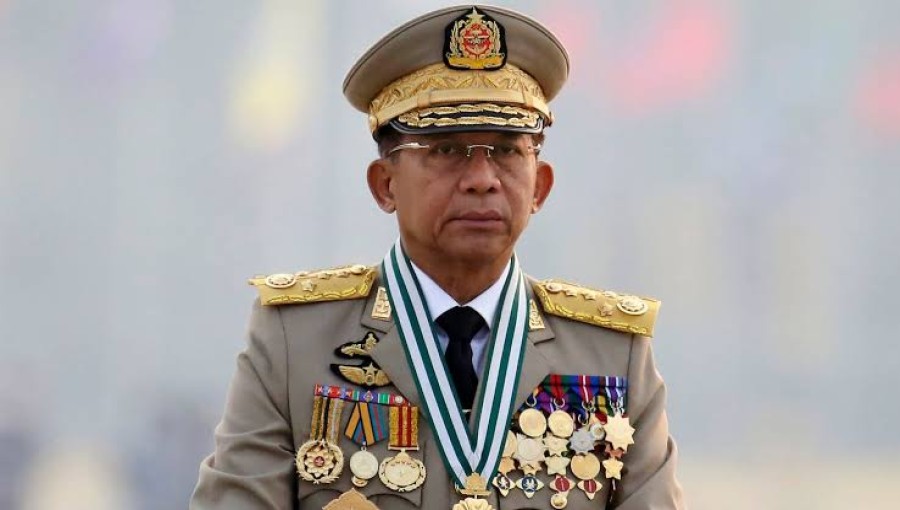
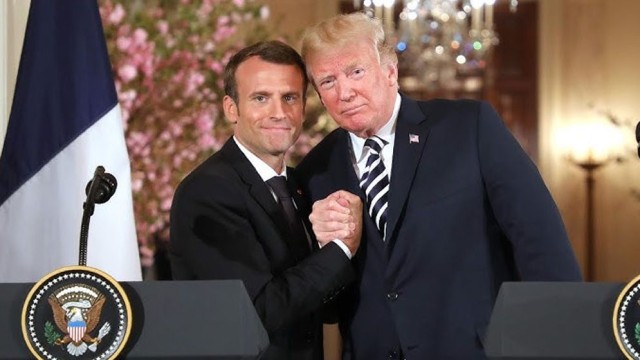
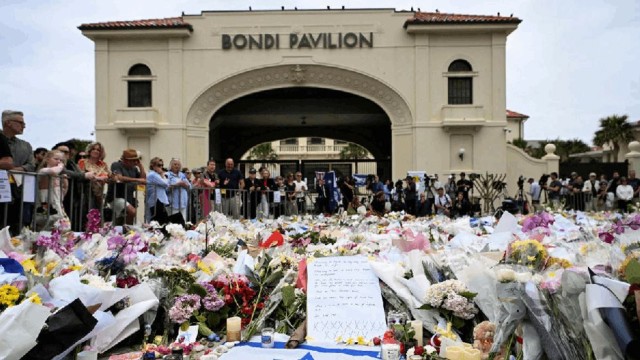
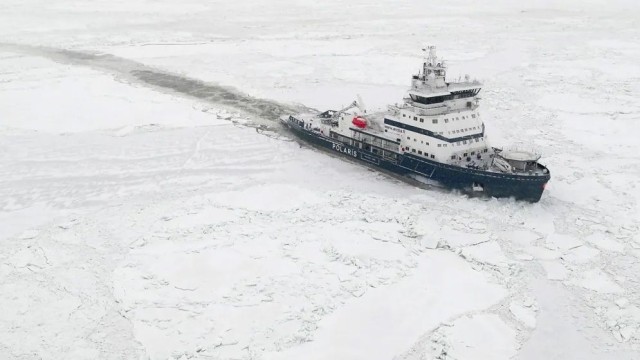
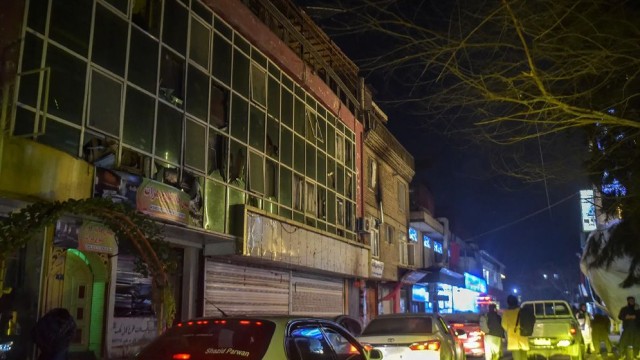
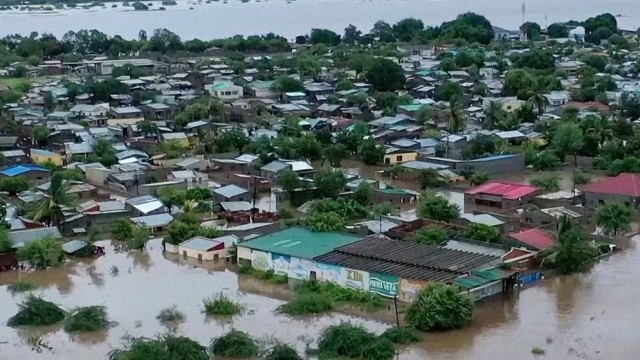
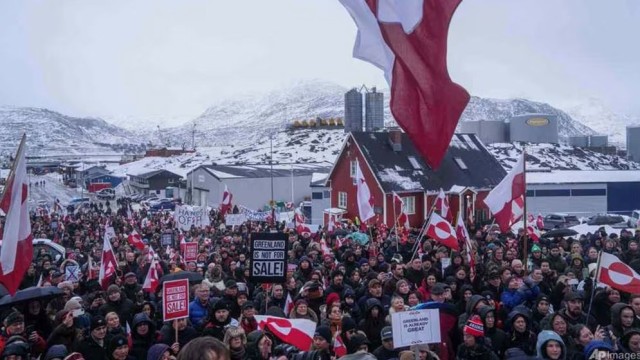
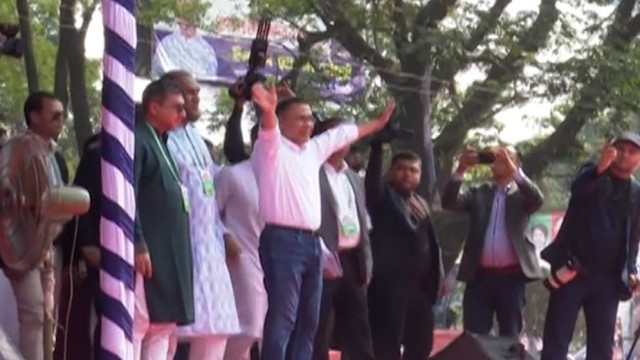
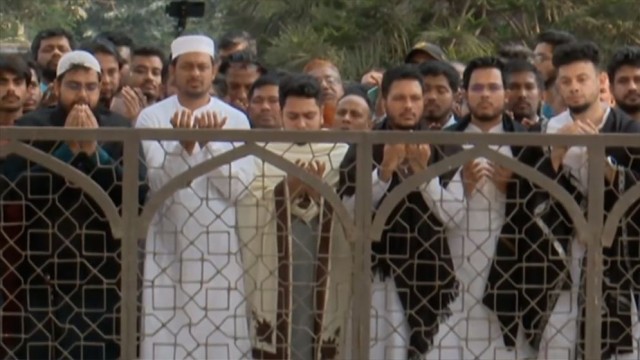
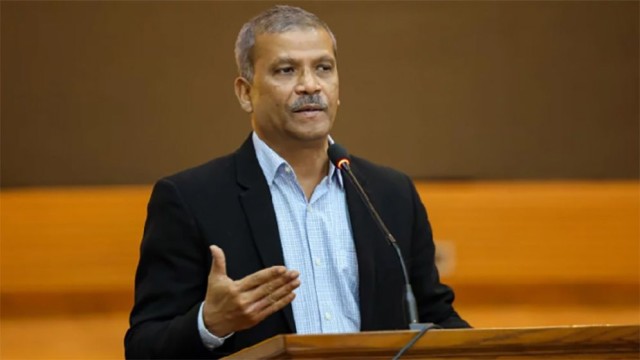
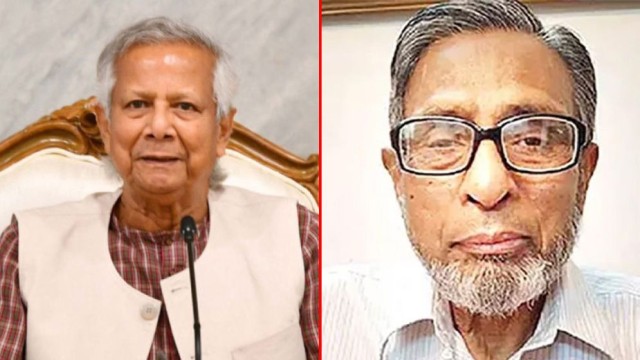
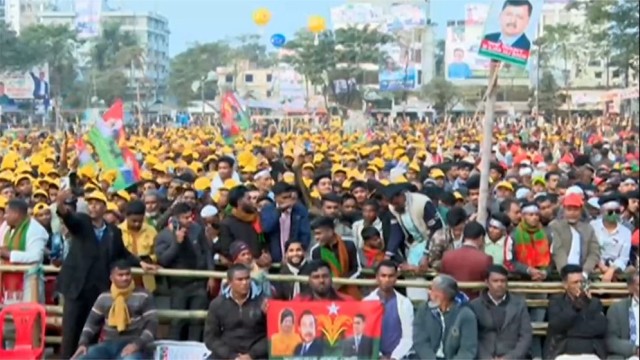
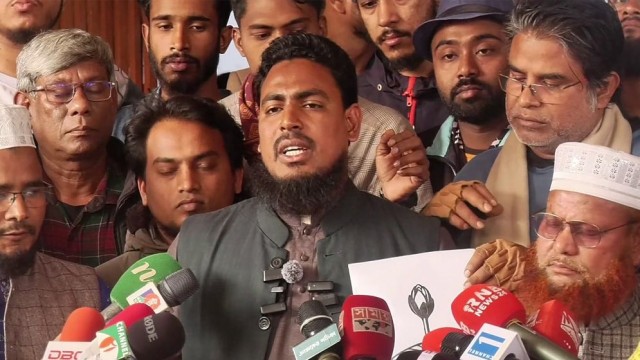
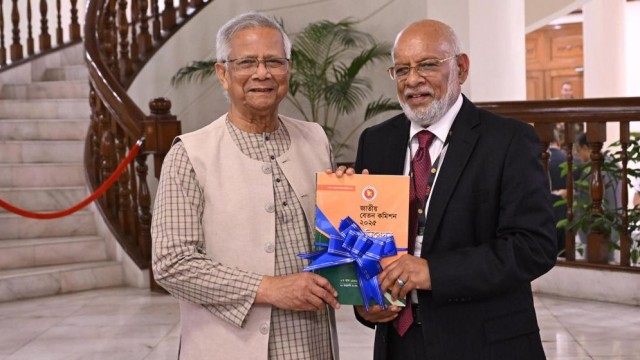
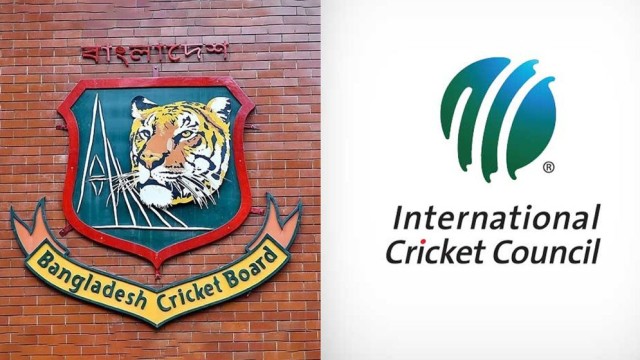
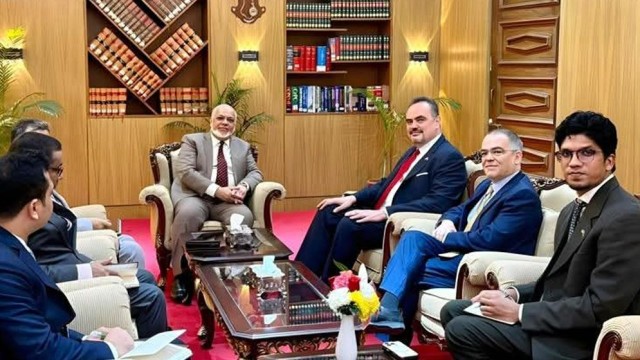
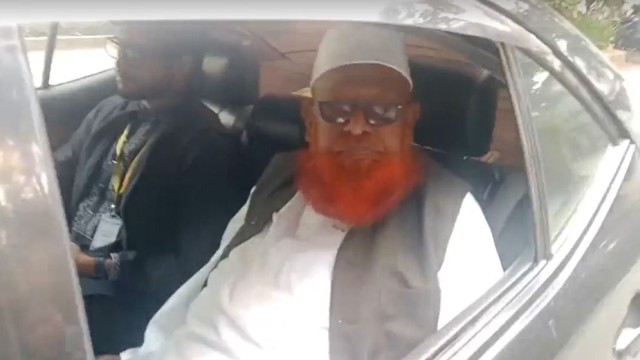








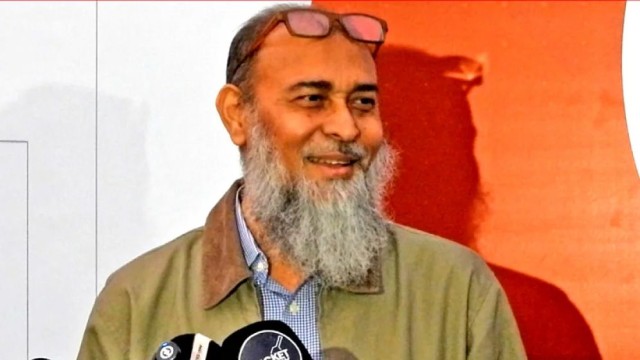


Comment: